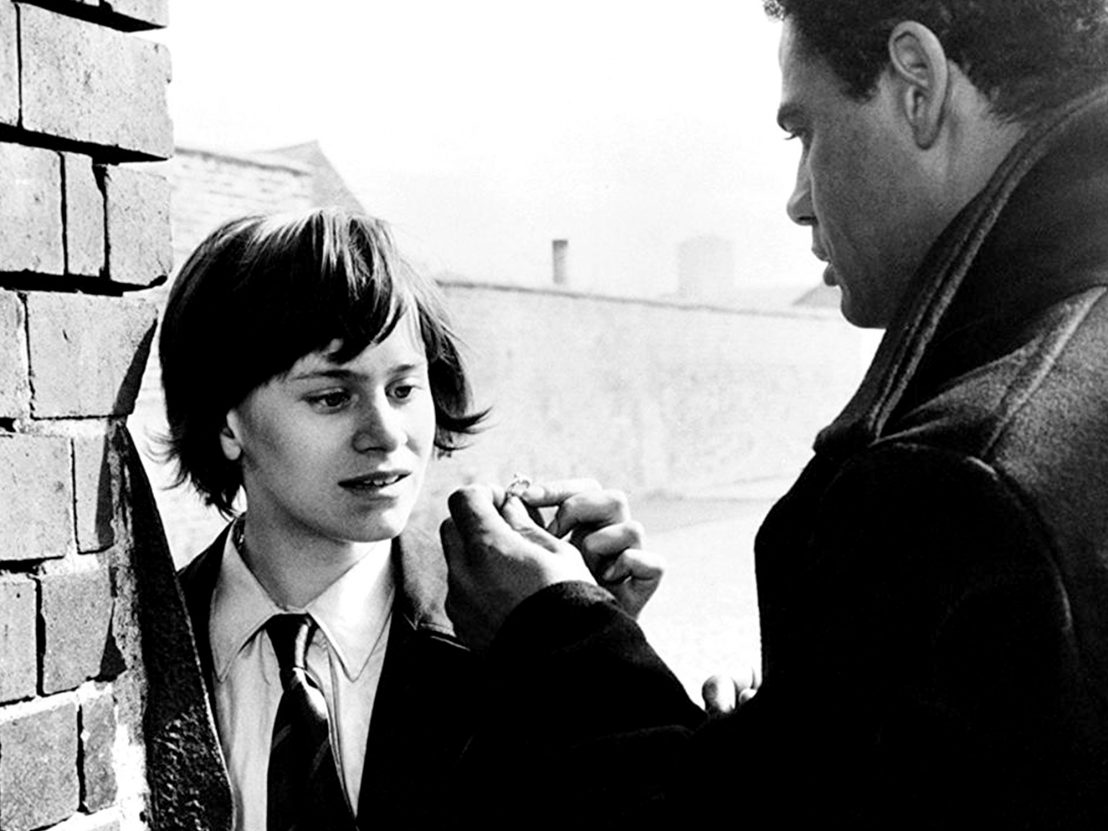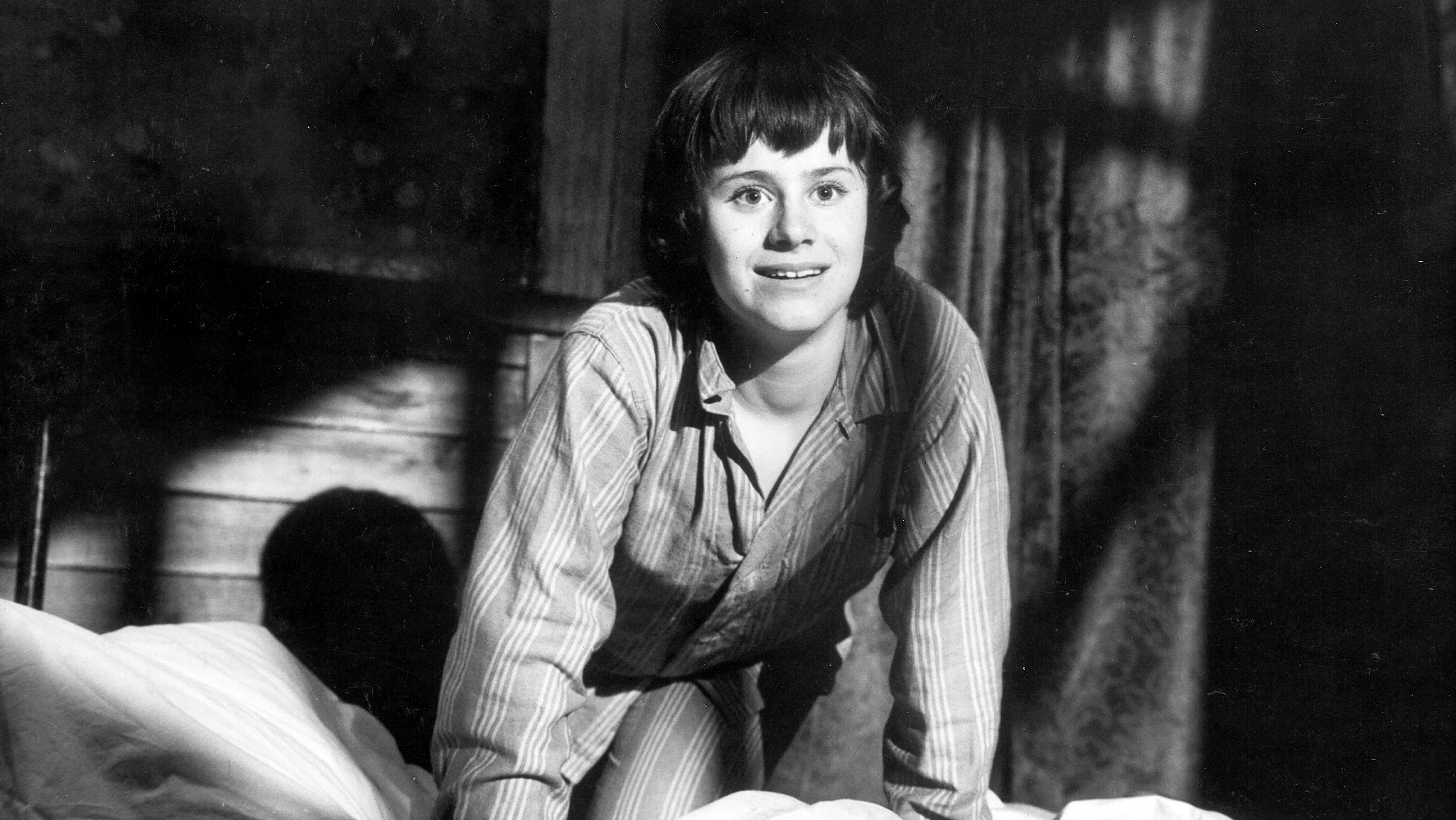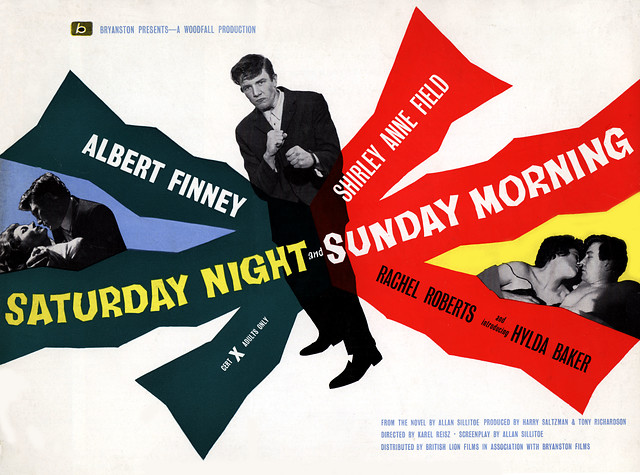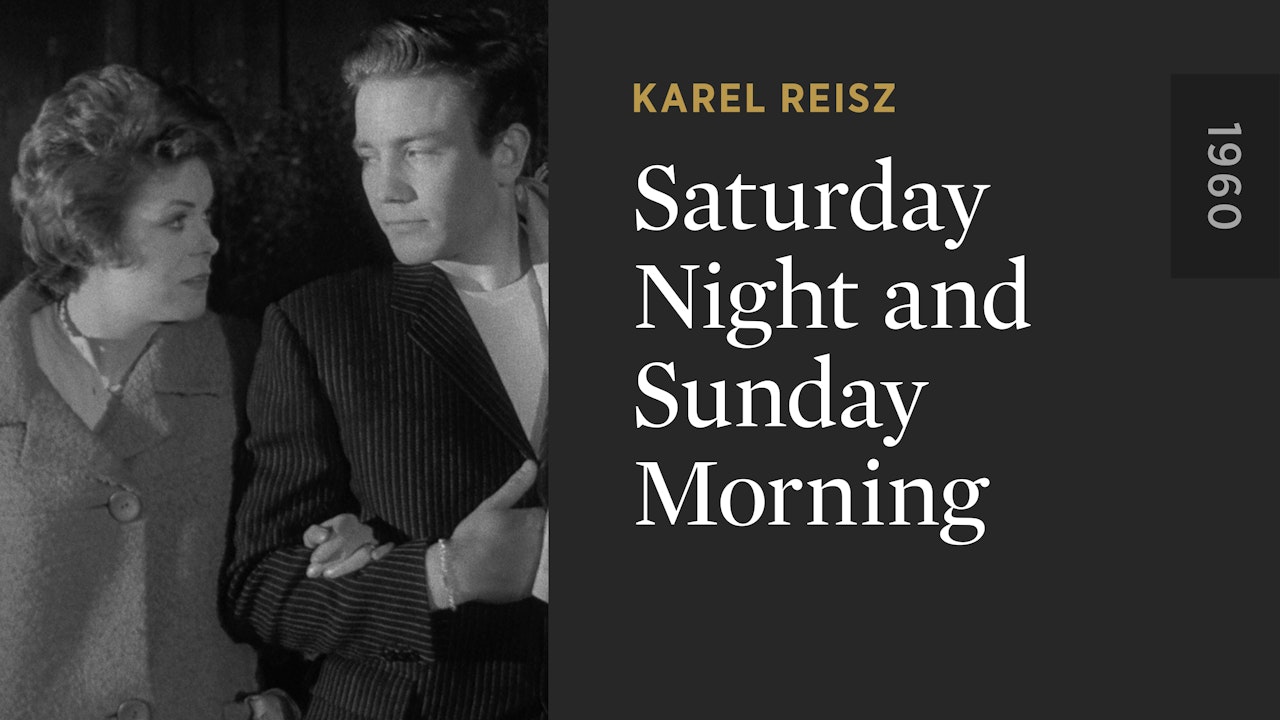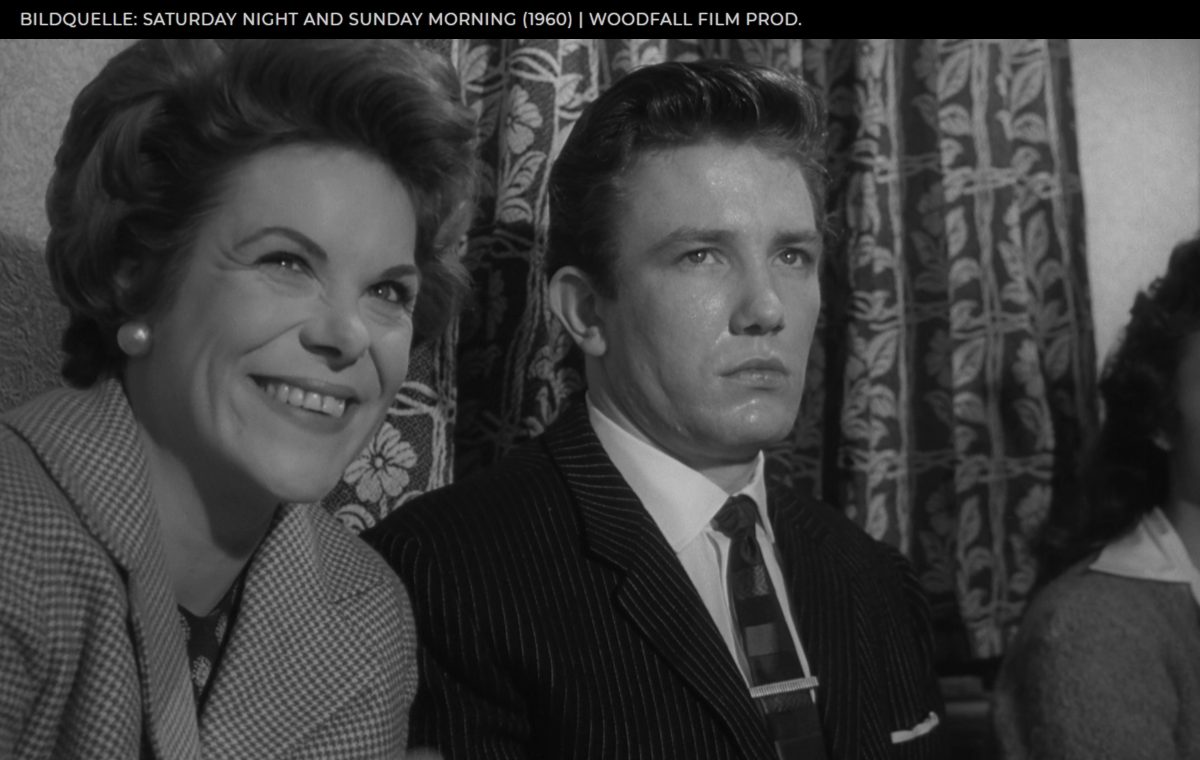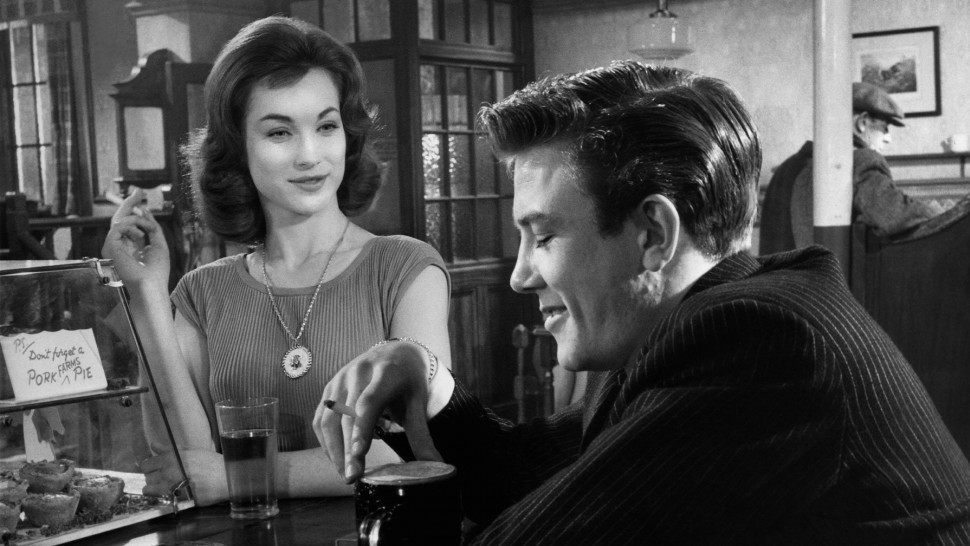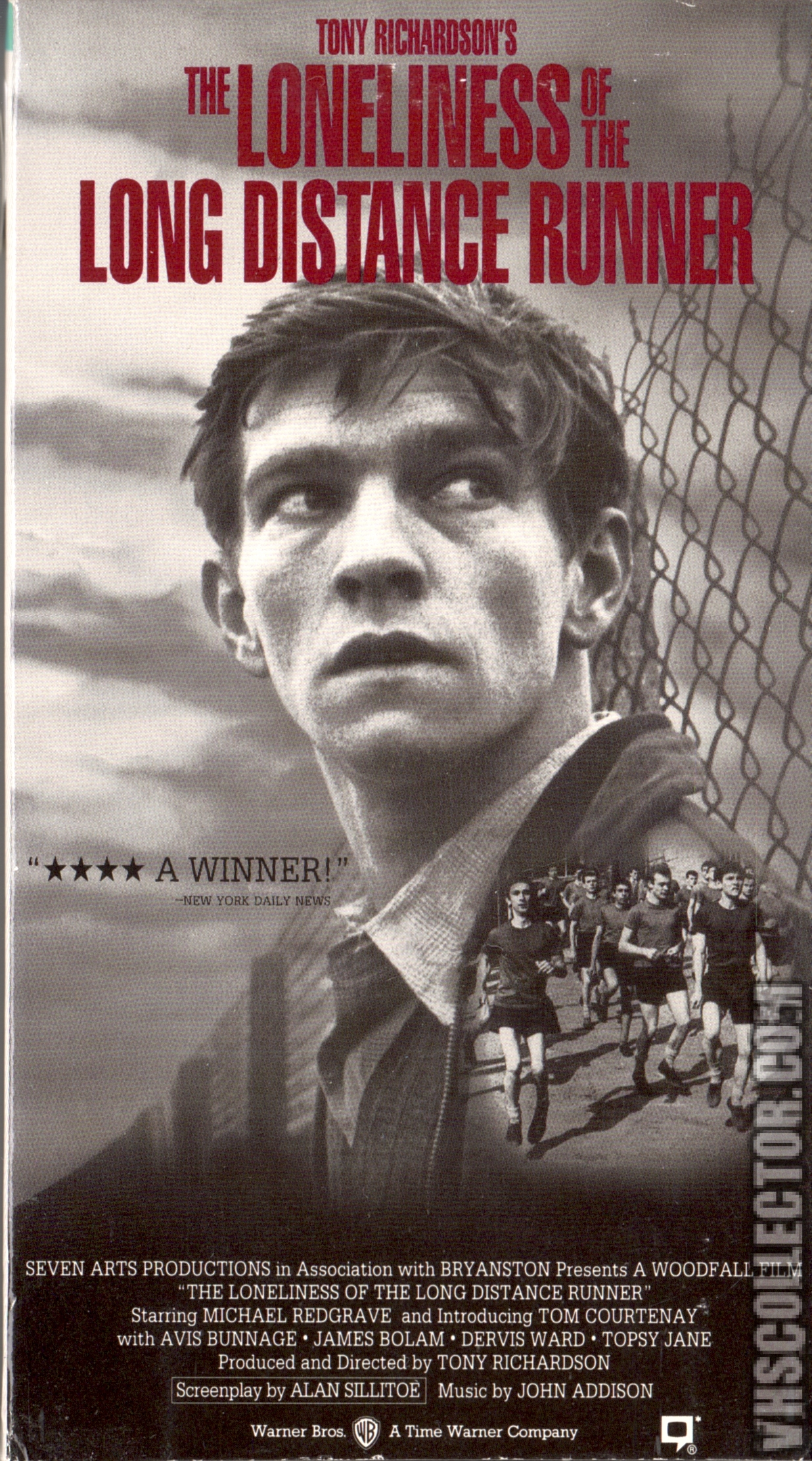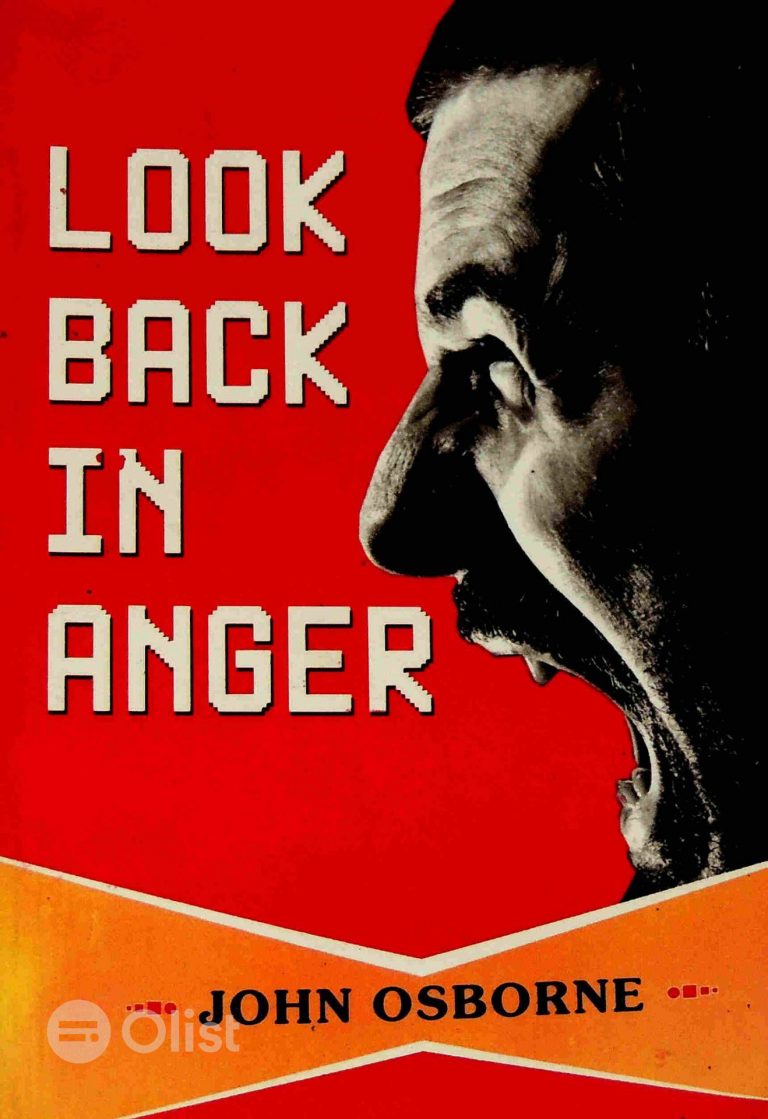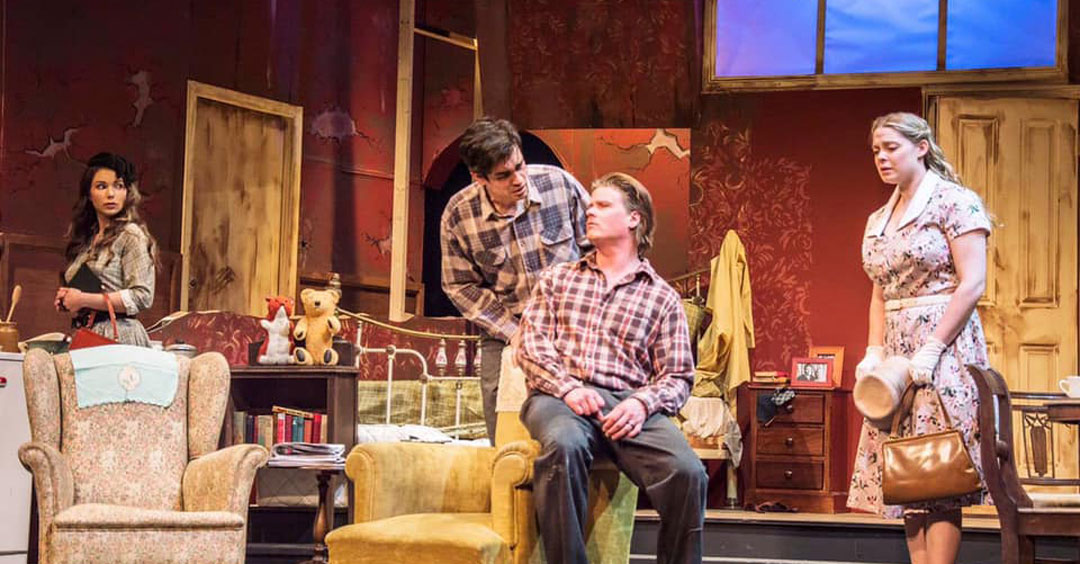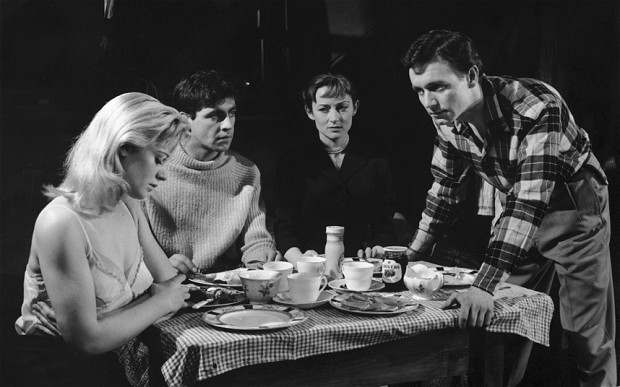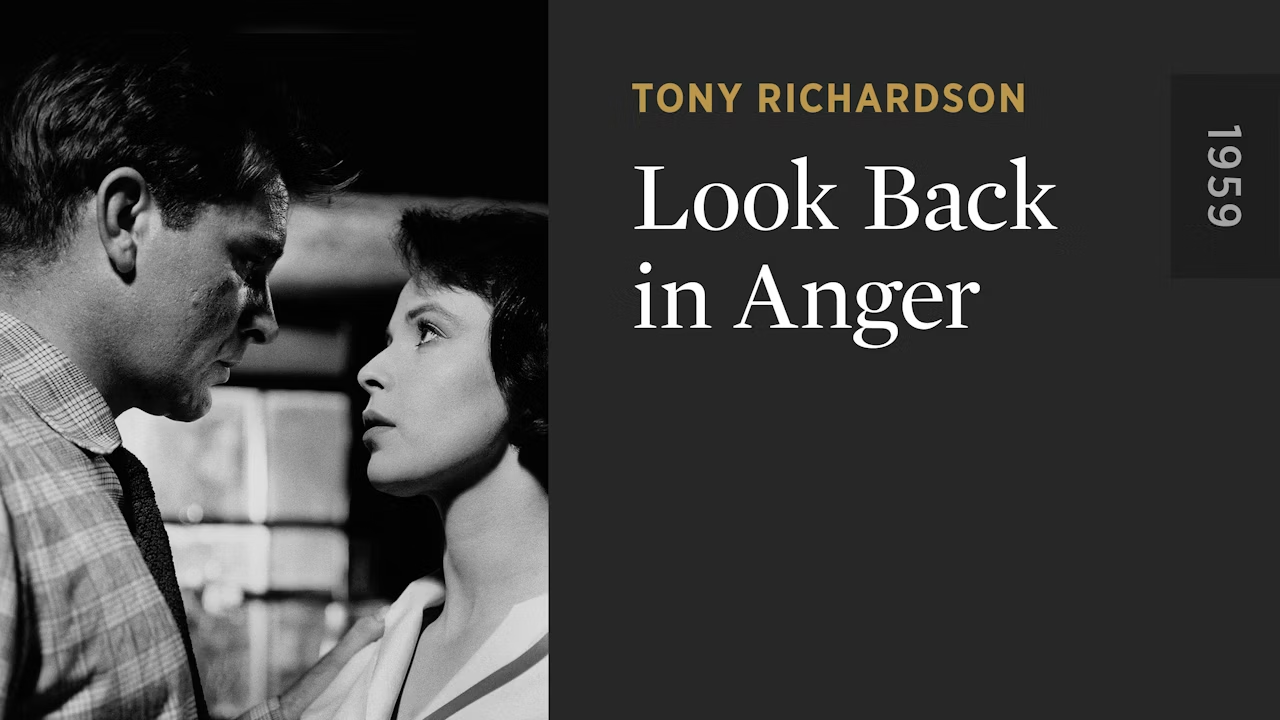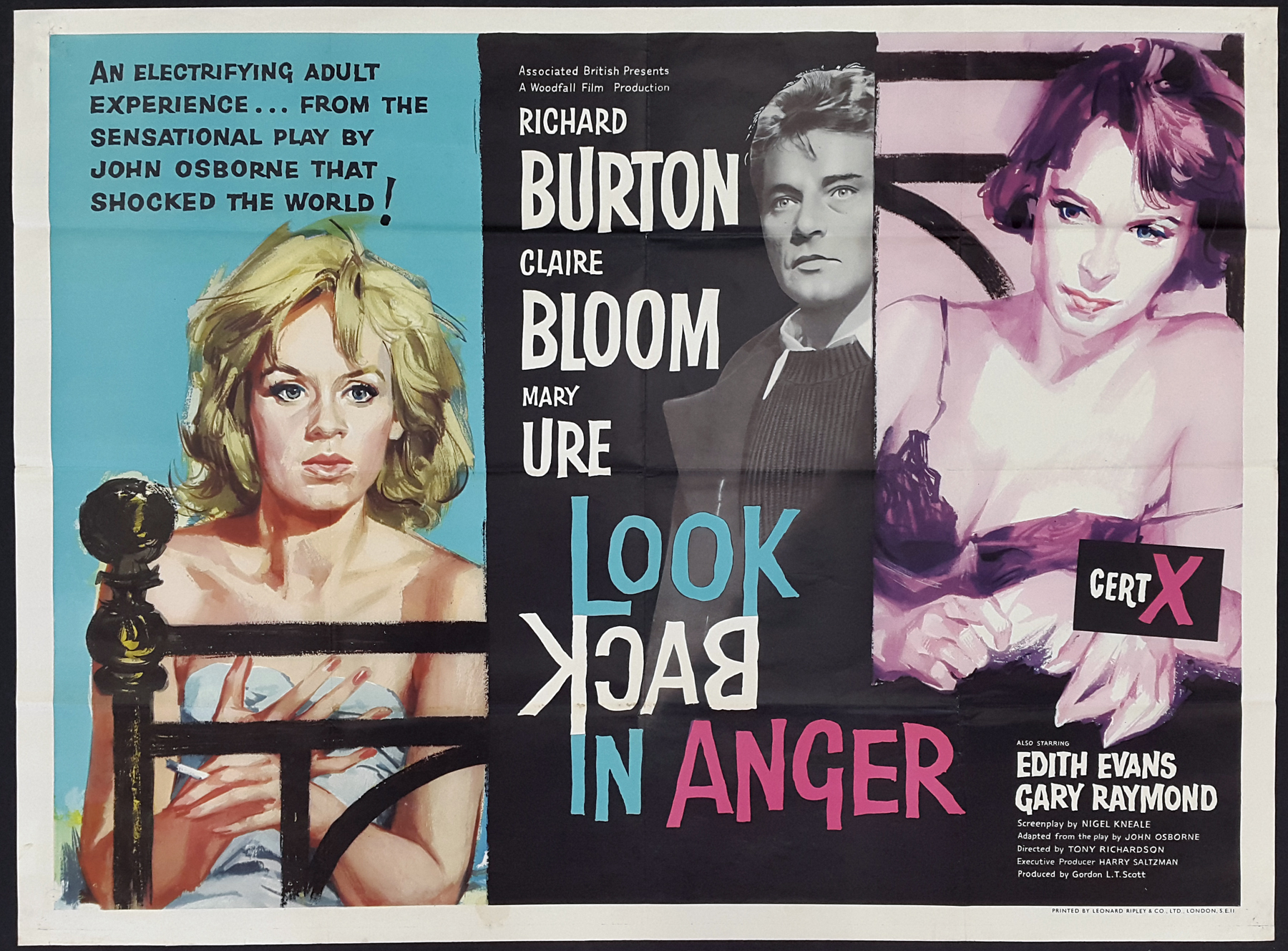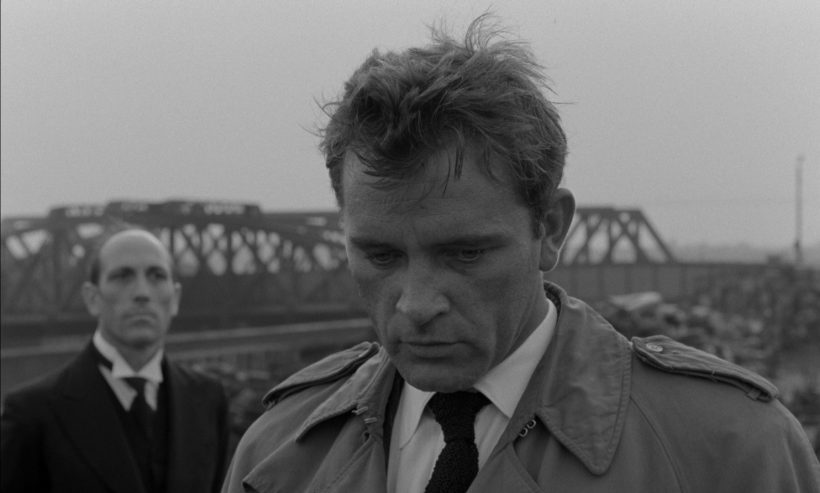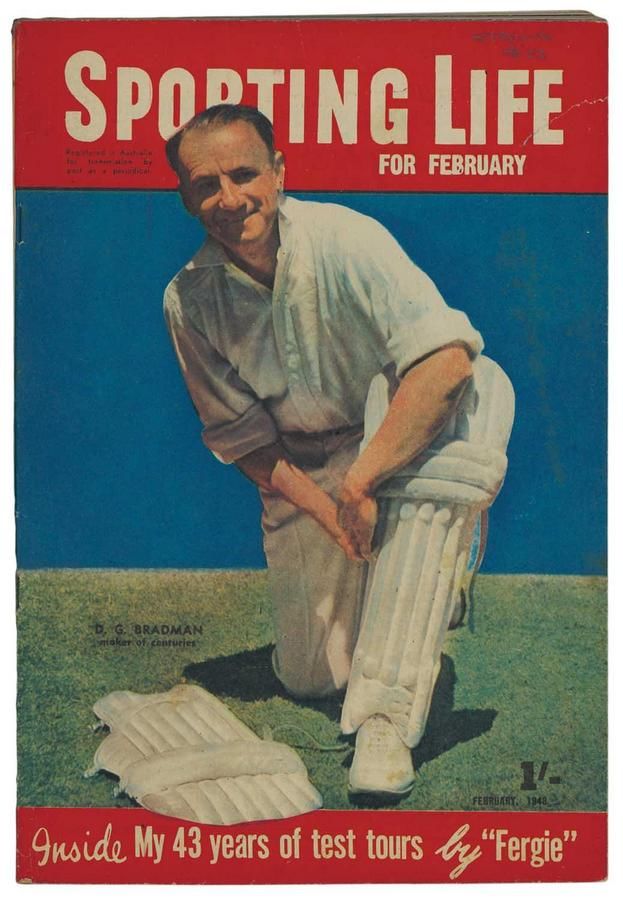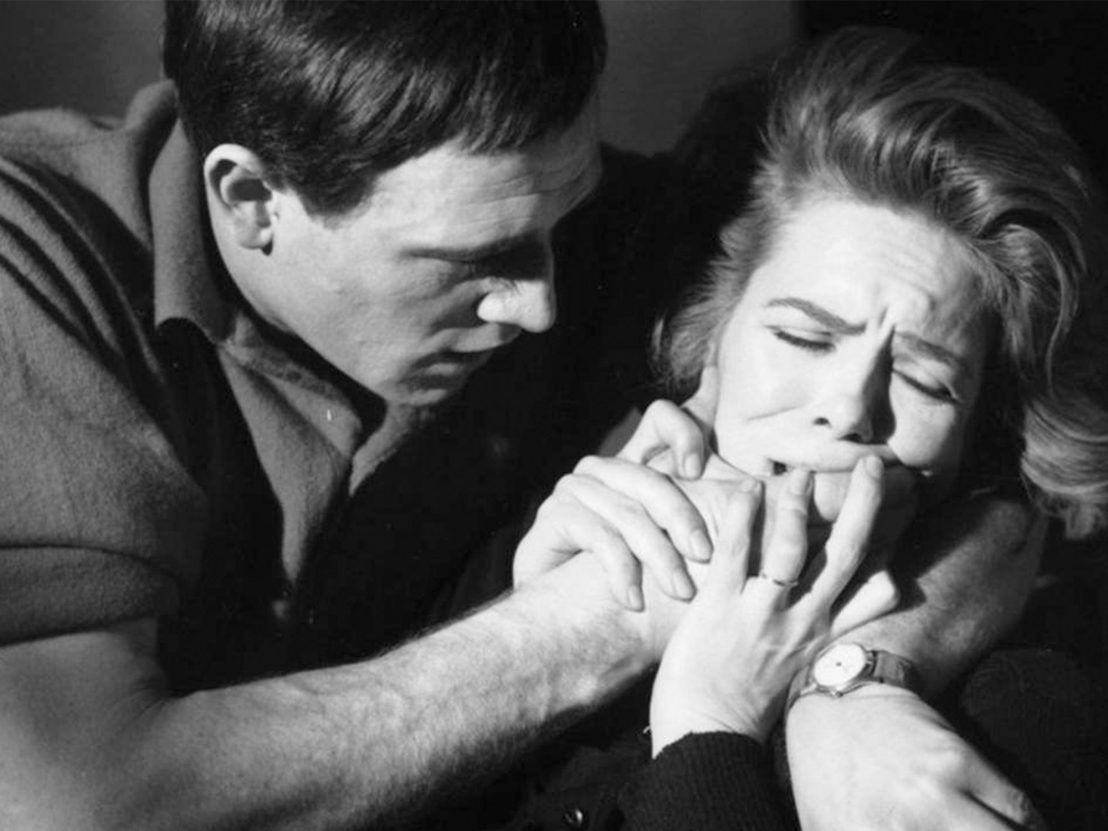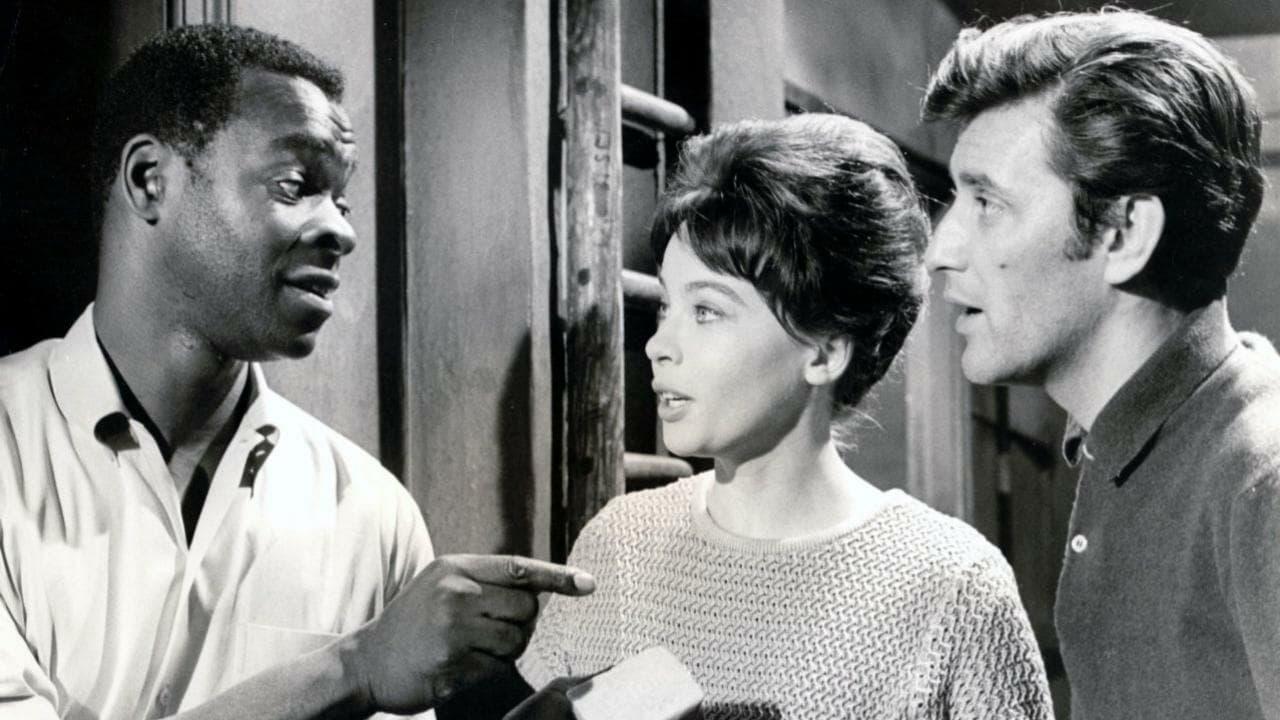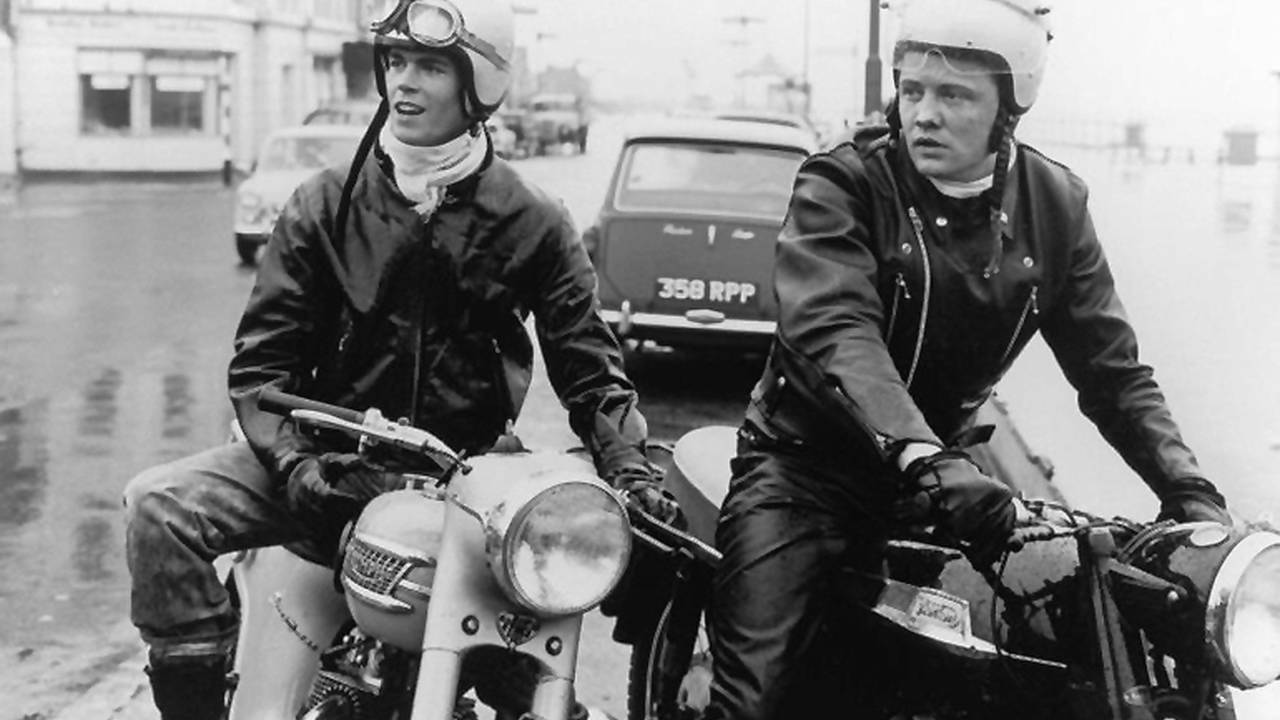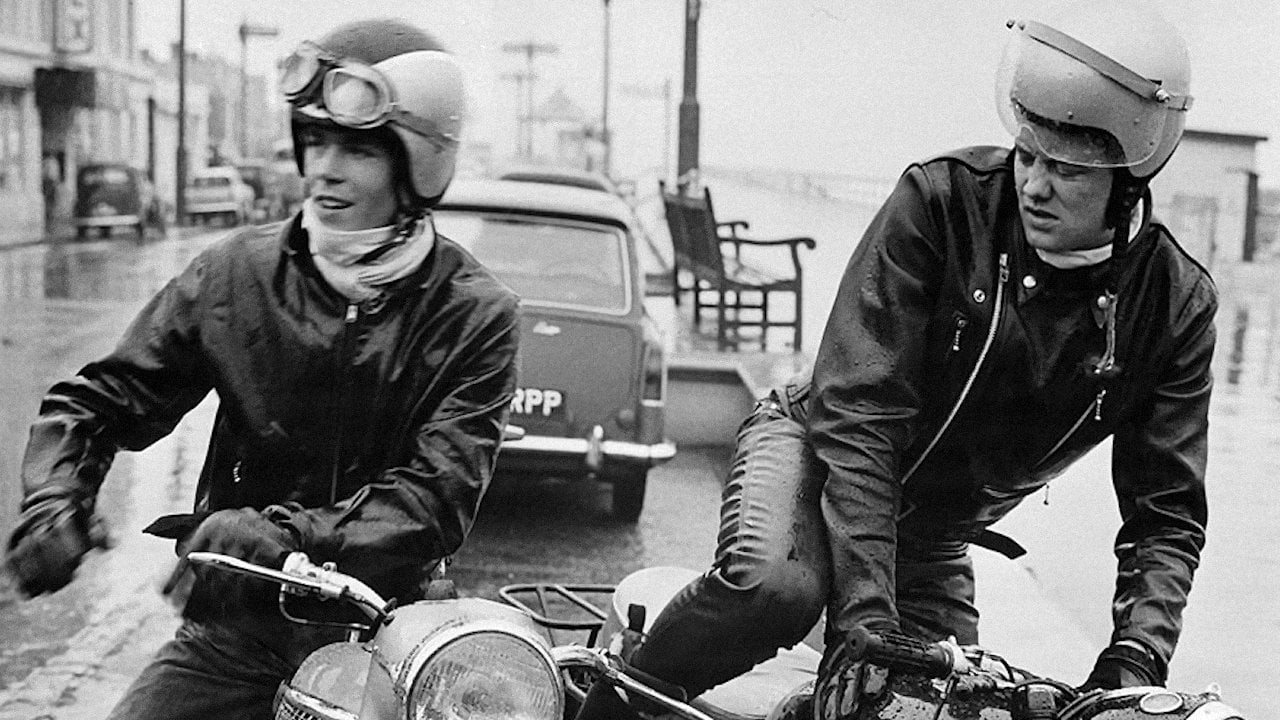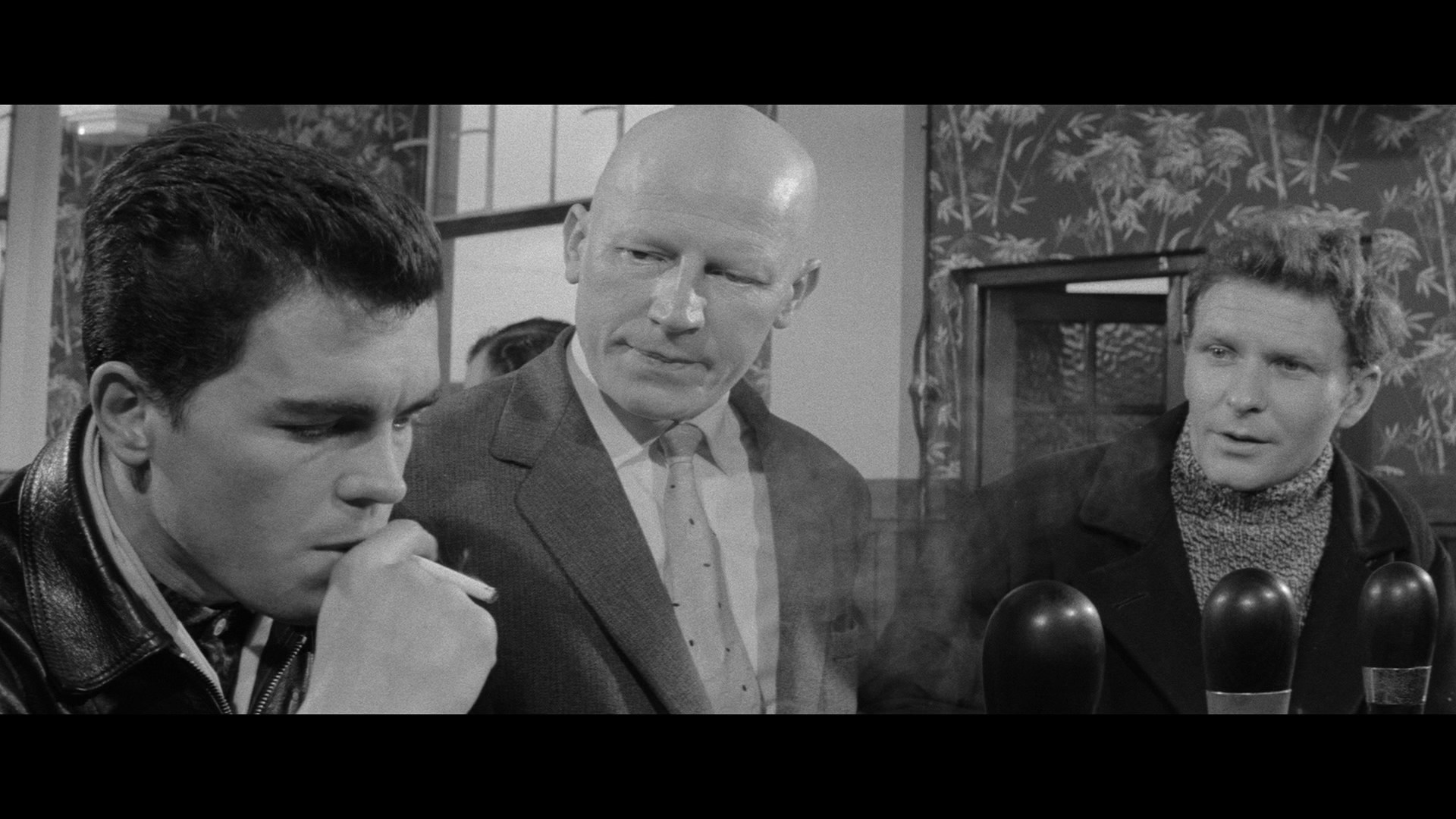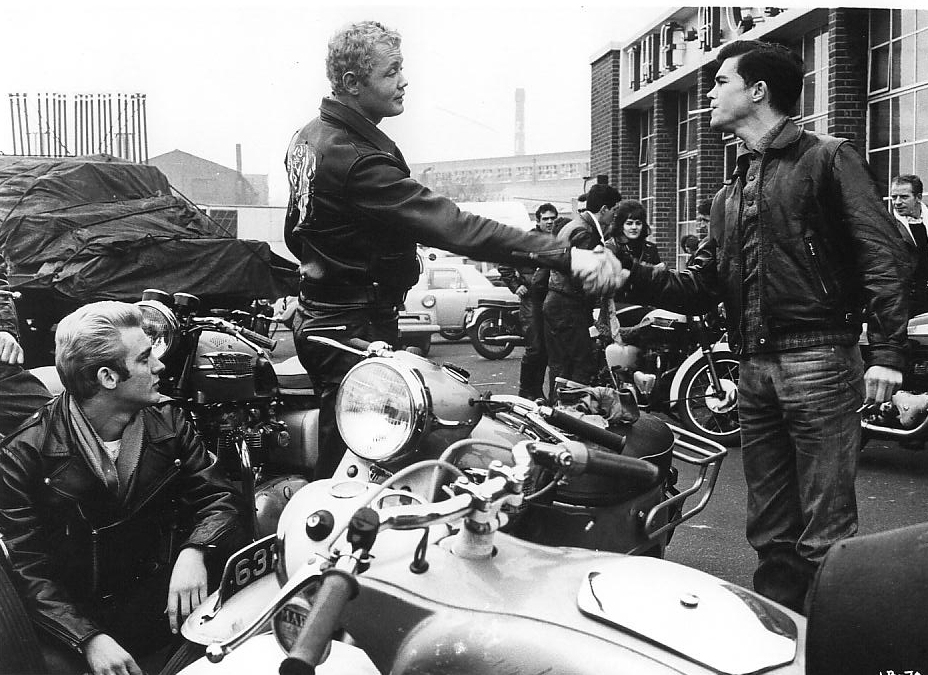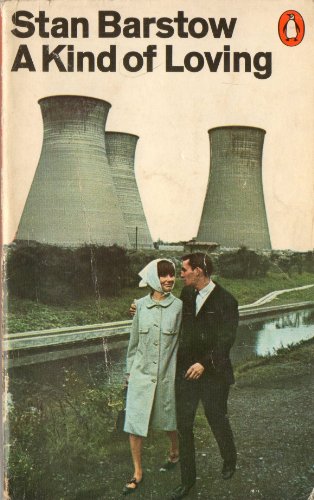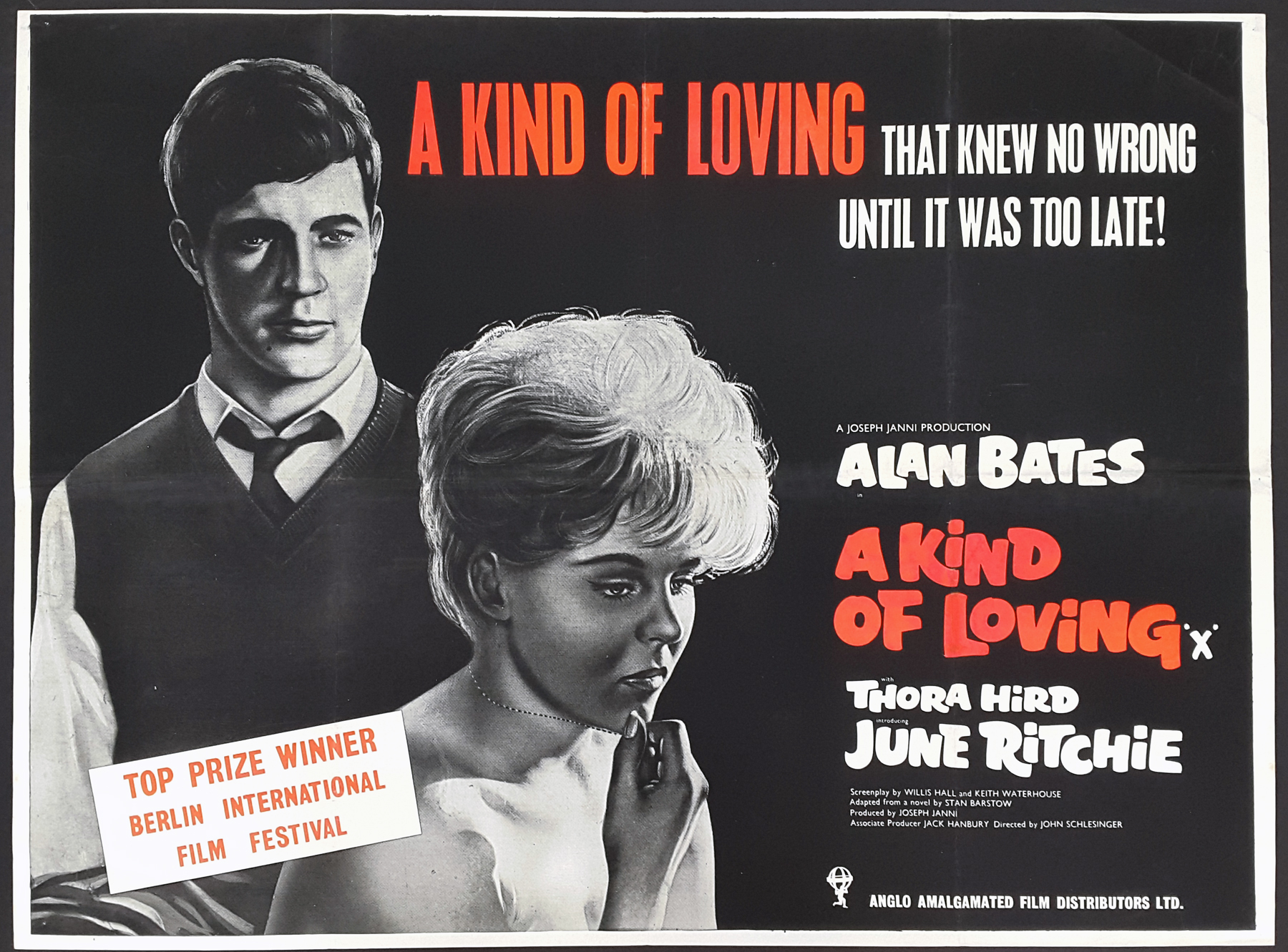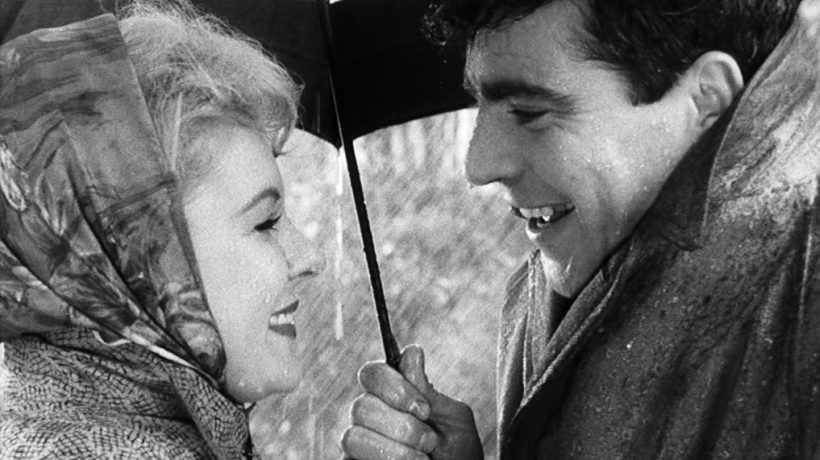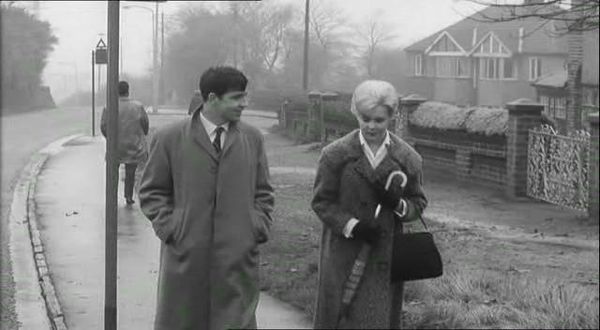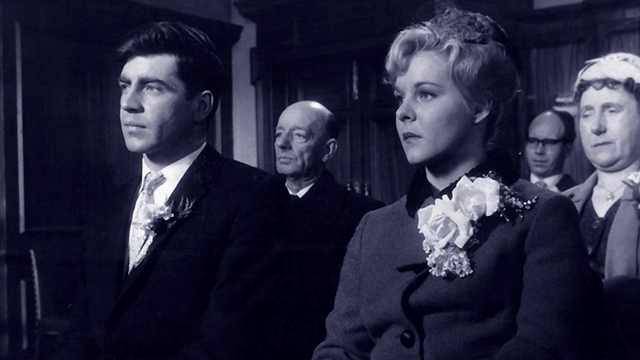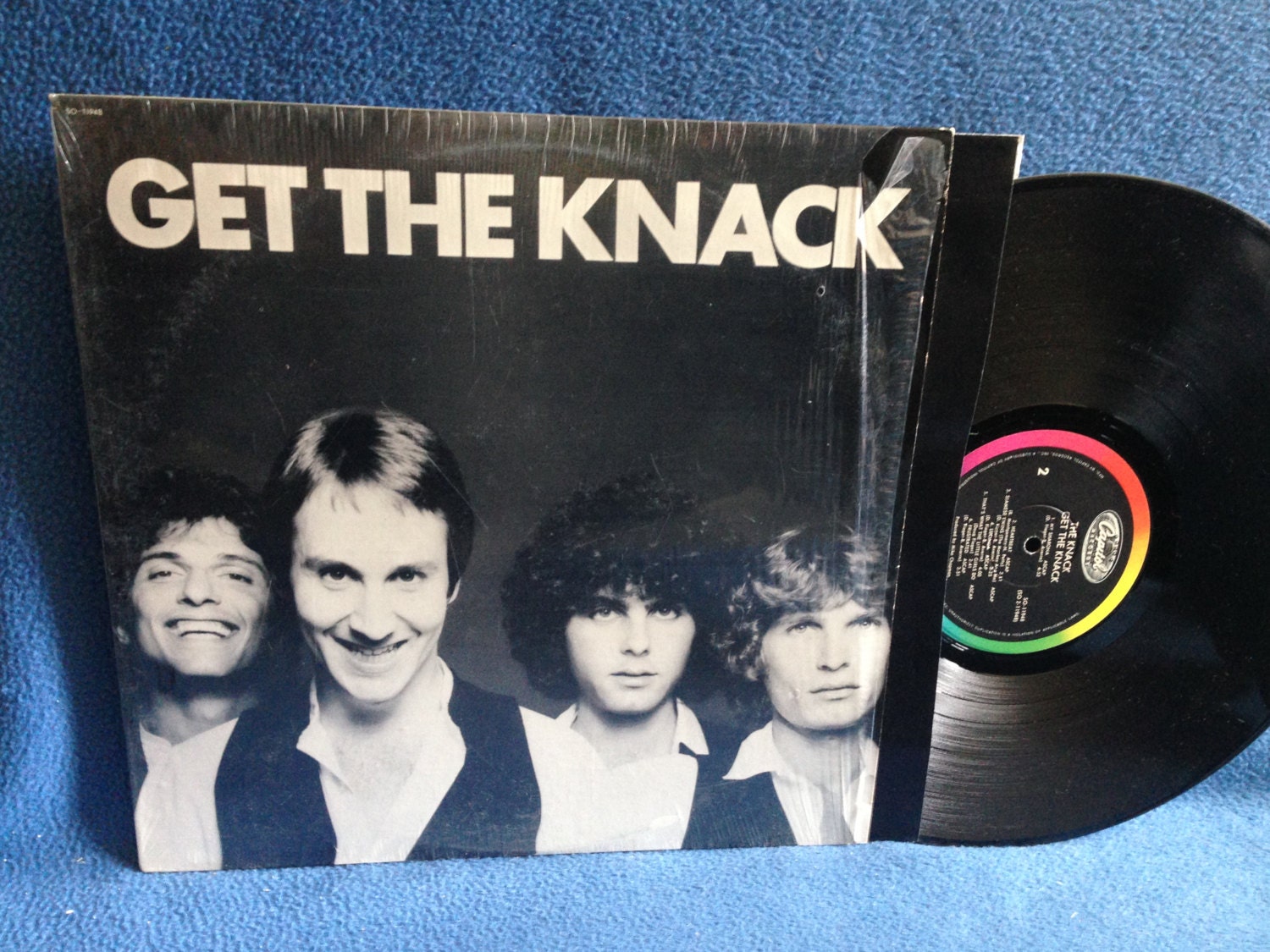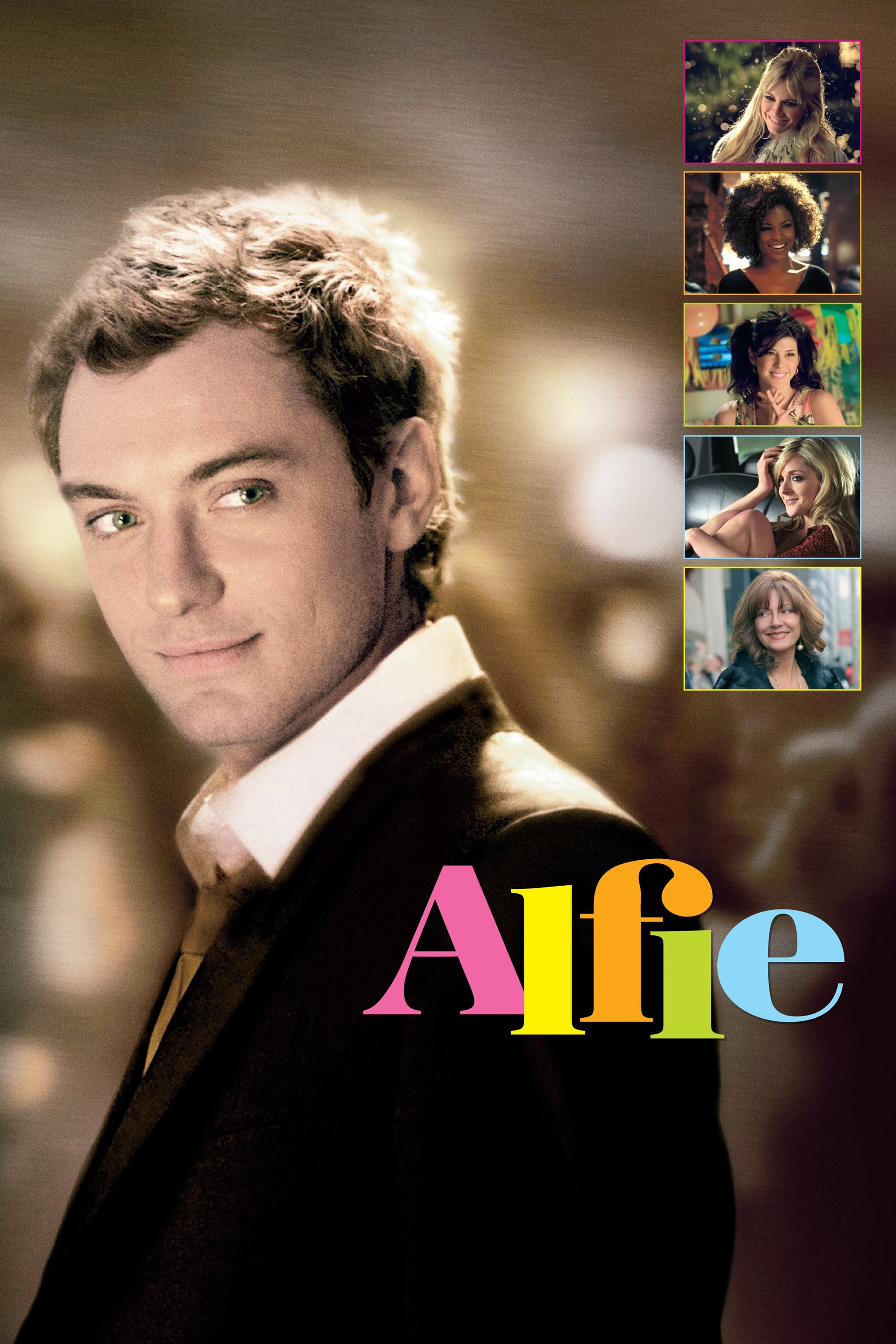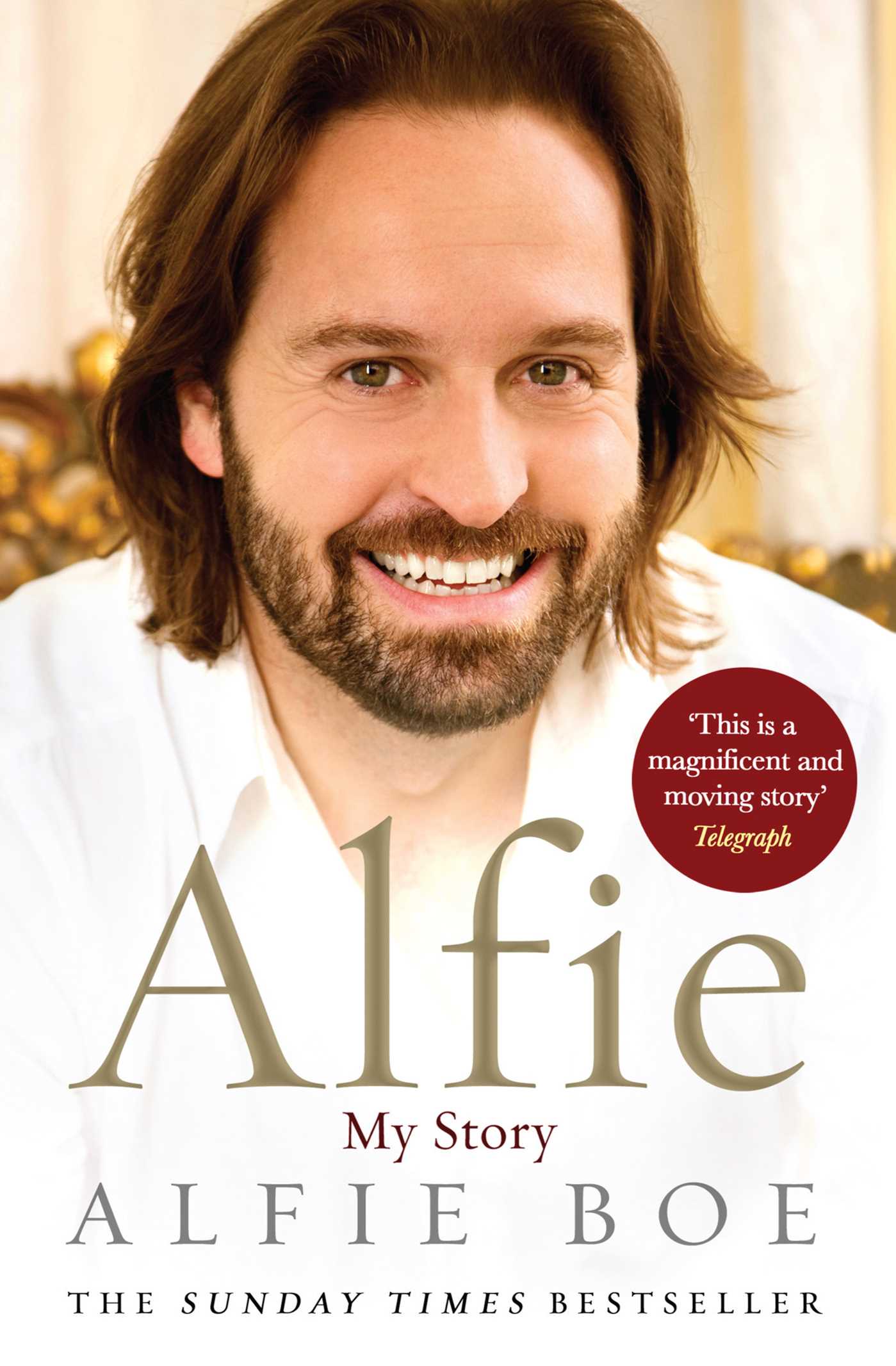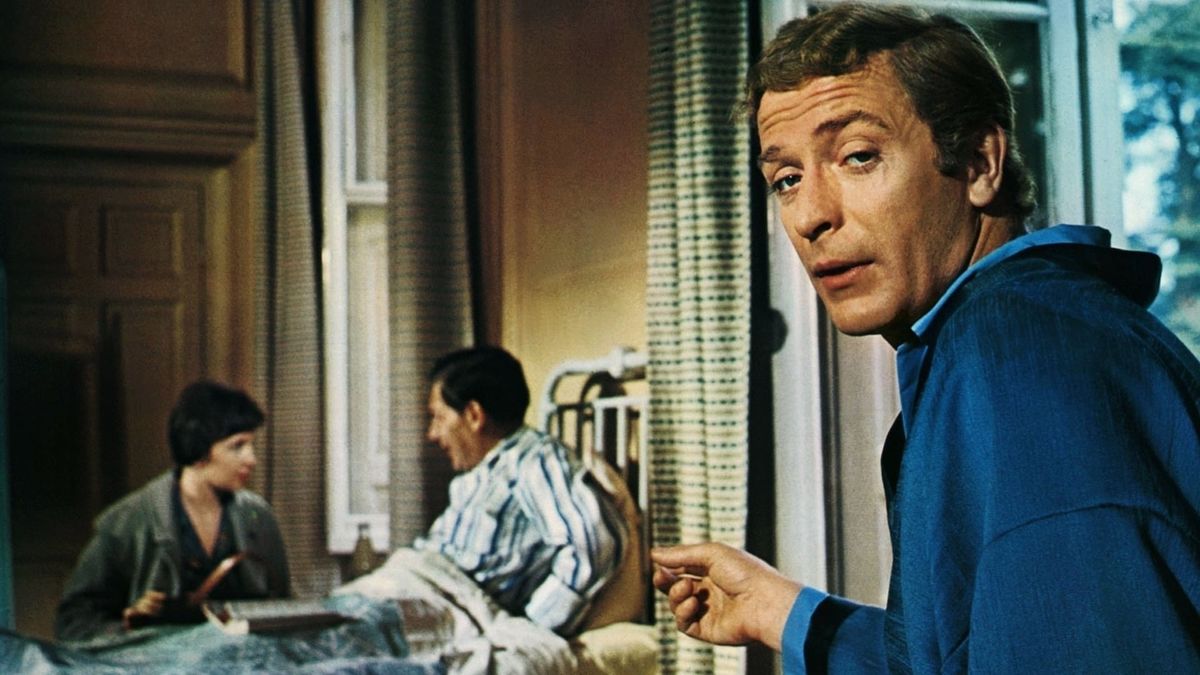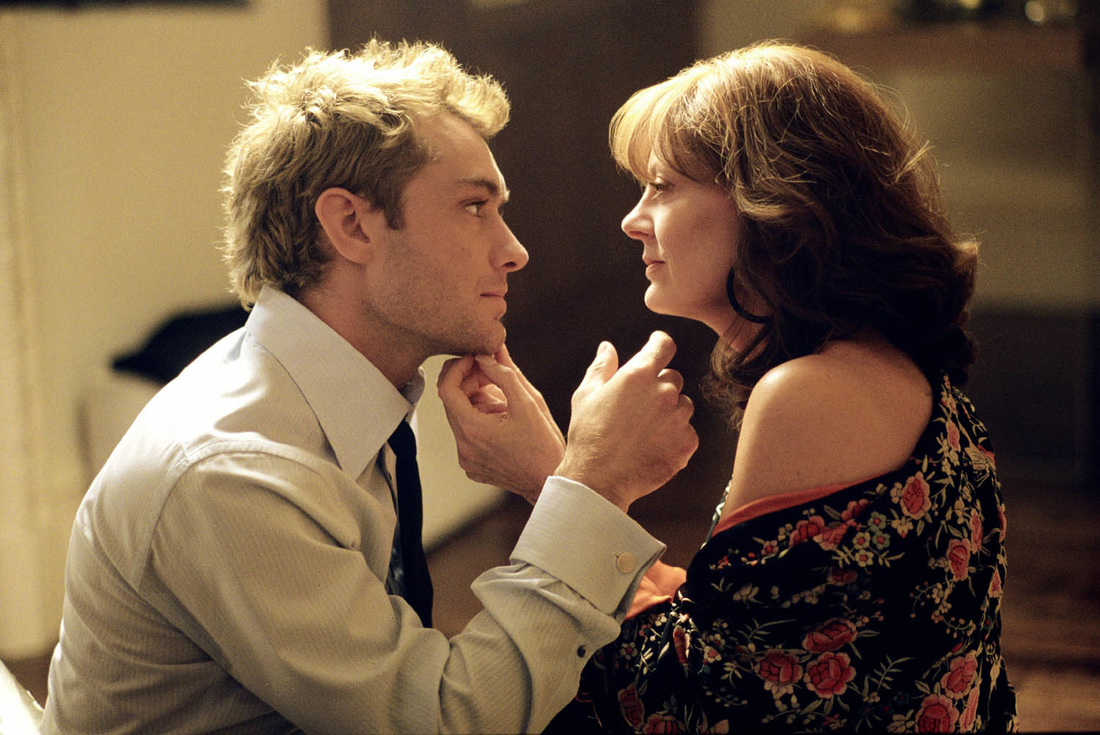A Taste of Honey is a 1961 kitchen sink drama directed by Tony Richardson. It follows the story of a working-class girl, Jo, who becomes pregnant and the struggles she faces as a single mother. The film is a powerful exploration of social and economic issues in Britain during the 1960s.A Taste of Honey
Saturday Night and Sunday Morning is a 1960 film based on the novel by Alan Sillitoe. It stars Albert Finney as Arthur Seaton, a rebellious young factory worker who spends his weekends drinking and having affairs. The film is a gritty and realistic portrayal of working-class life in Nottingham.Saturday Night and Sunday Morning
The Loneliness of the Long Distance Runner is a 1962 film directed by Tony Richardson. It tells the story of a young delinquent named Colin Smith, who is sent to a reform school where he discovers a talent for long-distance running. The film explores themes of class, rebellion, and the power of sport.The Loneliness of the Long Distance Runner
Look Back in Anger is a 1959 film based on the play by John Osborne. It stars Richard Burton as Jimmy Porter, a disillusioned working-class man who expresses his frustrations through anger and resentment towards his upper-class wife and best friend. The film is a scathing critique of the British class system and the limitations it places on individuals.Look Back in Anger
This Sporting Life is a 1963 film based on the novel by David Storey. It stars Richard Harris as Frank Machin, a miner who becomes a successful rugby league player. The film examines the price of success and the sacrifices that must be made in pursuit of it, as well as the struggles faced by working-class individuals in a world dominated by the upper class.This Sporting Life
The L-Shaped Room is a 1962 film based on the novel by Lynne Reid Banks. It follows the story of Jane, a young single woman who becomes pregnant and moves into a run-down London boarding house. The film explores themes of poverty, social isolation, and the struggles faced by unmarried mothers in the 1960s.The L-Shaped Room
The Leather Boys is a 1964 film directed by Sidney J. Furie. It tells the story of a young couple, Reg and Dot, who get married but struggle to make ends meet. When Reg discovers his love for motorbikes and joins a biker gang, their marriage is put to the test. The film explores themes of class, masculinity, and societal expectations.The Leather Boys
A Kind of Loving is a 1962 film based on the novel by Stan Barstow. It stars Alan Bates as Vic Brown, a young man who works in a factory and falls in love with a typist named Ingrid. The film delves into themes of love, marriage, and the challenges faced by working-class individuals in relationships.A Kind of Loving
The Knack...and How to Get It is a 1965 film directed by Richard Lester. It follows the story of Tolen, a self-proclaimed ladies' man, and his three roommates who try to teach him their "knack" for attracting women. The film is a satirical take on the sexual revolution of the 1960s and the changing attitudes towards relationships and gender roles.The Knack...and How to Get It
Alfie is a 1966 film directed by Lewis Gilbert. It stars Michael Caine as Alfie, a charming and womanizing Londoner who enjoys a carefree lifestyle until he is confronted with the consequences of his actions. The film explores themes of love, sex, and the changing attitudes towards relationships and morality in 1960s Britain. These top 10 British kitchen sink films provide a realistic and unflinching look at the lives of working-class individuals in post-war Britain. They tackle themes of social and economic inequality, gender roles, and the struggle to find meaning and happiness in a changing society. These films are not only significant in the history of British cinema but also serve as a reminder of the challenges and struggles faced by those living in a class-based society. Alfie
The Rise of British Kitchen Sink Films: A Unique Take on House Design

Exploring the Realism of Everyday Life
 British kitchen sink films emerged in the late 1950s and 1960s as a response to the traditional, highly-stylized and often unrealistic films of the time. These movies, also known as "kitchen sink dramas", focused on the lives of working-class individuals and their struggles with poverty, class divisions, and other social issues. However, what truly sets these films apart is their emphasis on
realism
and
authenticity
, particularly in regards to house design.
British kitchen sink films emerged in the late 1950s and 1960s as a response to the traditional, highly-stylized and often unrealistic films of the time. These movies, also known as "kitchen sink dramas", focused on the lives of working-class individuals and their struggles with poverty, class divisions, and other social issues. However, what truly sets these films apart is their emphasis on
realism
and
authenticity
, particularly in regards to house design.
Breaking Away from Traditional Depictions of Homes
 Prior to the emergence of British kitchen sink films, houses in movies were often portrayed as grand, luxurious, and unattainable for the average person. These films showcased perfect, pristine homes with immaculate interiors and manicured gardens, creating an idealistic and unattainable image of domestic life. However, kitchen sink films shattered this illusion and instead presented a more
honest and relatable
portrayal of homes.
Prior to the emergence of British kitchen sink films, houses in movies were often portrayed as grand, luxurious, and unattainable for the average person. These films showcased perfect, pristine homes with immaculate interiors and manicured gardens, creating an idealistic and unattainable image of domestic life. However, kitchen sink films shattered this illusion and instead presented a more
honest and relatable
portrayal of homes.
Embracing Imperfections and Real Life
 One of the main reasons why British kitchen sink films gained such popularity was their focus on
imperfections
and
real-life situations
. Unlike previous films that depicted houses as perfect and unchanging, kitchen sink dramas showcased homes that were worn down, cluttered, and in need of repairs. This authentic portrayal of working-class homes resonated with audiences and provided a refreshing change from the idealized versions seen in other films.
One of the main reasons why British kitchen sink films gained such popularity was their focus on
imperfections
and
real-life situations
. Unlike previous films that depicted houses as perfect and unchanging, kitchen sink dramas showcased homes that were worn down, cluttered, and in need of repairs. This authentic portrayal of working-class homes resonated with audiences and provided a refreshing change from the idealized versions seen in other films.
The Impact on House Design Today
 The influence of British kitchen sink films can still be seen in house design today. The emphasis on realism and authenticity has led to a shift towards
functional and practical
homes rather than grandiose and unattainable ones. The use of natural materials, such as wood and brick, and a focus on incorporating imperfections and personal touches into home design can be attributed to the influence of these films.
In conclusion, British kitchen sink films have not only left a lasting impact on the film industry but also on the way we view and design our homes. By breaking away from traditional depictions and embracing imperfections, these films have given us a new perspective on house design and a greater appreciation for the authenticity and uniqueness of everyday life.
The influence of British kitchen sink films can still be seen in house design today. The emphasis on realism and authenticity has led to a shift towards
functional and practical
homes rather than grandiose and unattainable ones. The use of natural materials, such as wood and brick, and a focus on incorporating imperfections and personal touches into home design can be attributed to the influence of these films.
In conclusion, British kitchen sink films have not only left a lasting impact on the film industry but also on the way we view and design our homes. By breaking away from traditional depictions and embracing imperfections, these films have given us a new perspective on house design and a greater appreciation for the authenticity and uniqueness of everyday life.




